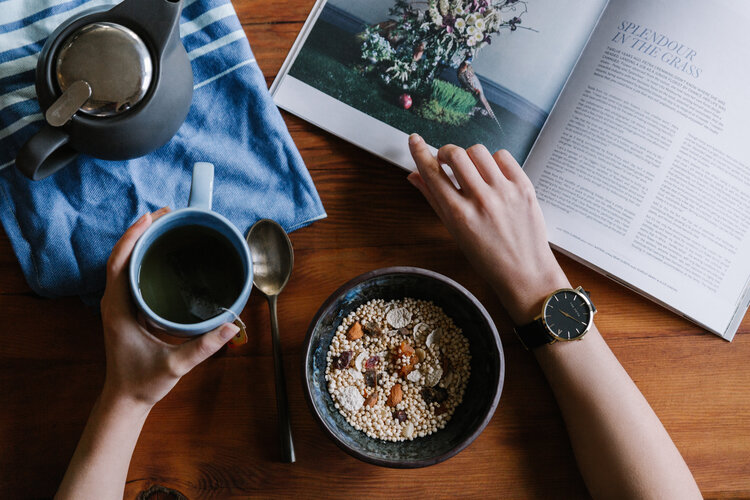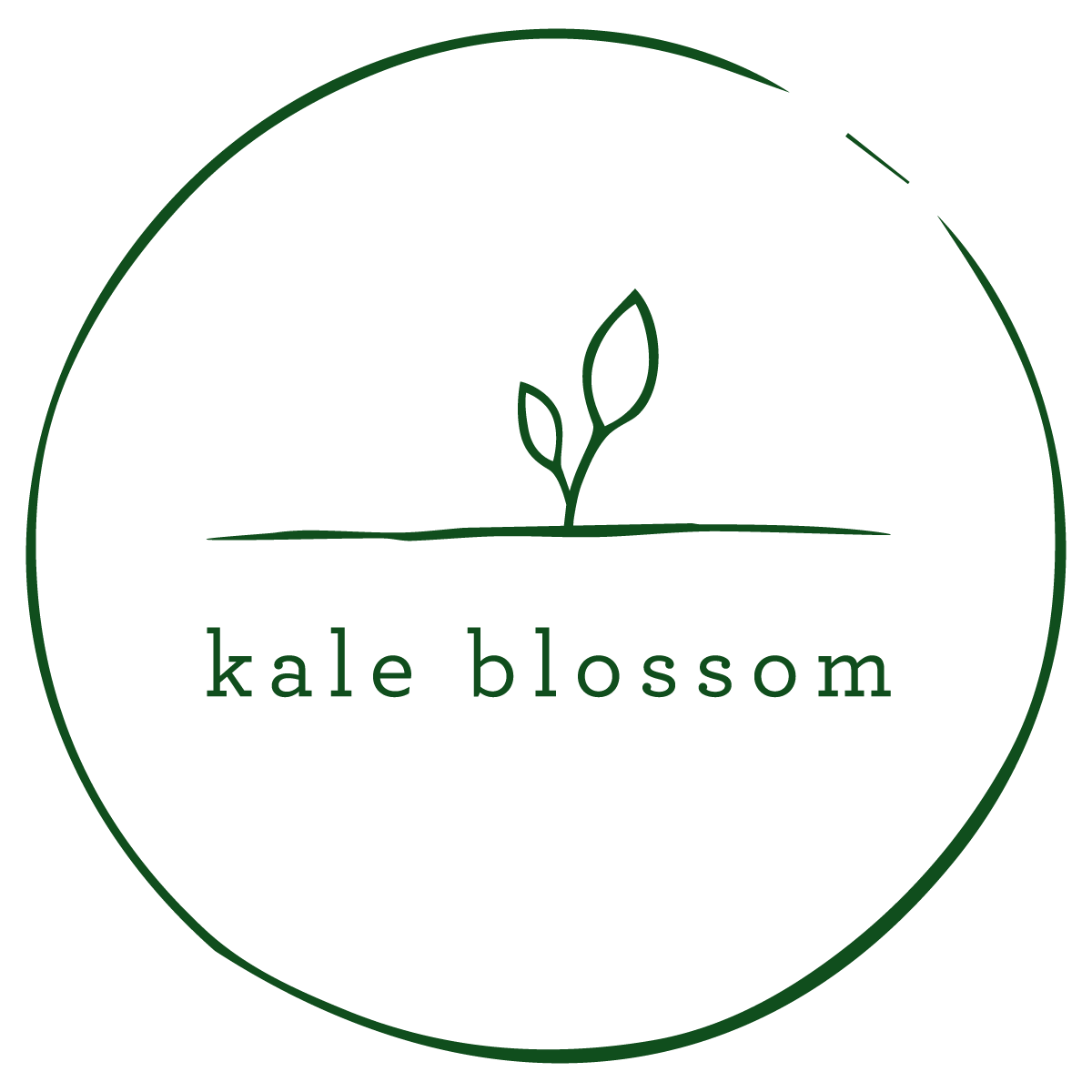Are you an unhealthy eater, with unhealthy eating patterns? It’s okay if you are, we’re not here to judge, simply to help! Check out our categories and strategies below for ideas on how to flip the switch to healthier eating, for good!
Emotional eater: Check in with yourself and see how you’re feeling… how’s your day going? Stressful, sad, frustrating, exhausted? — finding yourself reaching for comfort food, sweet treats or simply over eating? Our emotions can certainly dictate our food choices + quantities. In fact, studies show you’re much more likely to reach for comfort food of the unhealthy variety when experiencing negative emotions. If you’re also overly excited, celebrating something special, or looking for a way to “reward” yourself, you may also be more likely to be generous with portions or special treats. And it’s okay, really!– this is not meant to make you feel worse than your internal voice, which is probably already making you feel guilty—eater’s remorse can be the worst! Ask that voice to kindly to be quiet, give yourself some grace and get back on track once you’ve become aware of your current emotions and employed other tools to help you to cope. Think meditation, a few deep breaths, a quick walk in nature, or send a message to a friend.
On & Off Again, Whole 30-er?: Are you someone who will go all in on a dietary plan—let’s say Whole 30 every January?? Or if you’re trying to lose weight, you’ll stick to low carb and no treats for a week or two? But it never lasts long enough for you to see permanent changes? Perhaps here, explore why you are only able to adhere to an occasional healthy eating plan. Is it that the plan you’ve chosen is simply too hard for you and your family to maintain for any duration? This is a common obstacle we hear from patients a lot! So how about trying a middle of the road plan? Something you’ve mapped out or modified from other more rigorous protocols, a customized plan, that you have a part in creating, one that’s more doable day-to-day, while actually being enjoyable. At the end of the day, if your food plan is stressful, it really is counter-productive to your health, so perhaps pick a different one.
An I-hate-cooking & meal prep-er: Do you find yourself dreading trips to the grocery store? Or continuing to come up empty-headed when it comes to meal planning? Because not only do you dislike meal prep, you also don’t love the actual cooking part. That’s okay, too! If you can dig in deeper, drilling down to the nitty gritty details as to why this activity is not fun for you, it may reveal ways to bypass certain steps and begin to enjoy preparing food for yourself. Is it that it takes too much time to chop veggies? Or do you really hate raw meat juice? Or do you feel like you don’t have the right cooking utensils? etc., etc. Perhaps, take a peek in Pinterest for fun new recipes that seem to spark your interest. Or trying meal-ingredient delivery services so everything is super simple and comes right to your door step. Buy yourself a fun new apron and some great chopping knives. Turn on some good music, open the windows, and try reframing your approach to meal-prep + cooking in a way that is positive and enjoyable.
An I-don’t know where to start-er: This often goes along with the I-hate-cooking/meal-prepping eating patterns. We get that nutrition is one of our favorite topics here at Kale Blossom, but that doesn’t mean it has to be yours. And it can be tricky, there’s a lot that goes into clinical nutrition and the science of eating. Again, Pinterest is a great, easily accessibly resource for meal planning and recipes. Talking to friends and relatives to share ideas on what their families eat can also be a great way to stimulate ideas. Or even buying yourself a couple of fun new cookbooks and taking a cooking class would be a great start. You never know until you give it a try, right??
A plain ol’ pickey eater: Various studies have analyzed how many Americans are considered to be picky eaters. And although there’s no real consensus, it seems to be a fact that many Americans are quite particular about what they will and will not eat. Starting from when we are introduced to solids as little bitty humans, up to age 5, when we really form our palates, many people continue choosier eating patterns throughout adulthood. If this is you, explore what trying new foods would mean to you– figure out what categories of foods you know you do not like, those you do like and maybe the in-between category, wherein you may be more willing to give new foods a try. It’s important to eat a varied and colorful diet to ensure you are obtaining all important nutrients and supporting your best health possible. Being open to new foods ensures you’re getting more nutrients and you may just find a food you never knew you could love so much!
So there you have it, lots of different eating patterns! We know that many other factors go into eating and the food choices that we make. Hormones and neurotransmitters can be involved— quietly steering our palate. The gut and its microbiome are also factors. For example, if you have an imbalanced microbial population and yeast overgrowth, you may naturally gravitate to foods of the sweeter variety. Or if you happen to be nutrient deficient—you may be drawn to a food category that your body is feeling like it needs. Whatever the factors may be in your daily eating patterns, keep an open mind and feed your curiosity (pun intended!). If you’re able to approach eating positively, and retire any unhealthy eating patterns, it will certainly be worth your time, effort and energy. Because what we feed our bodies matters, and your health depends on it!





